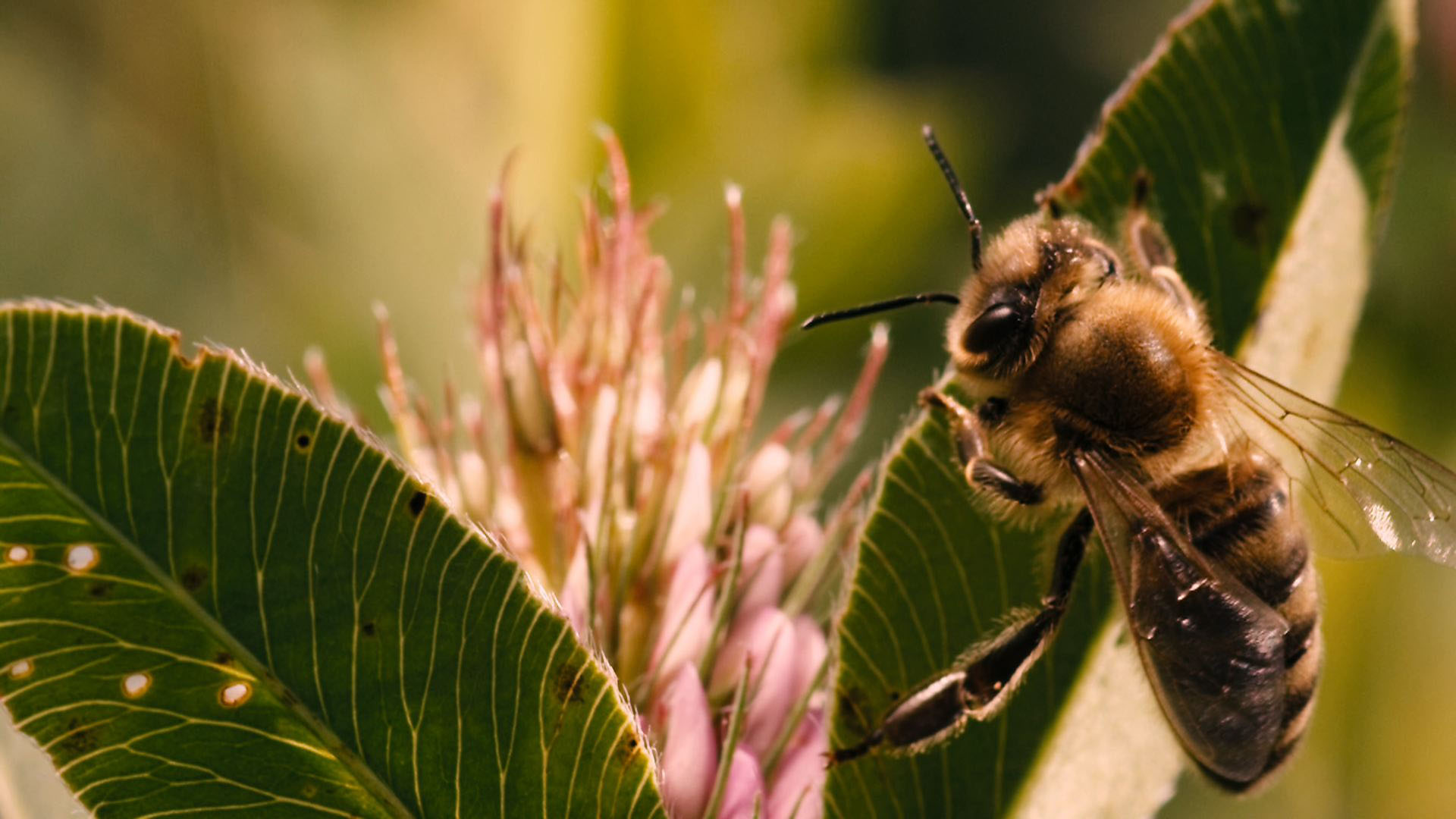Most of world’s honey is contaminated

Swiss researchers have found that 75% of honey contains traces of neonicotinoid pesticides. While the levels are below the legal threshold for European food, it is a problem for pollinators.
The study, carried out by the University of Neuchâtel (UniNE)External link in cooperation with Neuchâtel’s botanical gardenExternal link, analysed nearly 200 samples of honey from around the world. These were donated by garden visitors encouraged to bring home honey from their travels.
The honey came from all continents except Antarctica, and from numerous isolated islands as well.
The Neuchâtel Analytical Chemistry Platform at UniNE analysed the samples for five commonly used neonicotinoids: acetamiprid, clothianidin, imidacloprid, thiacloprid, and thiamethoxam.
Three quarters of all the honey samples contained at least one neonicotinoid; of these contaminated samples, 30% contained a single neonicotinoid, 45% contained two or more, and 10% contained four or five.
“We expected to find traces of neonicotinoids in honey, but we were surprised by the extent of the phenomenon. We have seen that the problem concerns the whole world,” Alexandre AebiExternal link, a beekeeper and researcher at Neuchâtel University, told swissinfo.ch.
Concentrations of this type of pesticide contamination were highest in European, North American, and Asian samples. Although the concentrations were below the levels allowed by the EU for human food and animal feed, the pesticides can still pose a health risk.
“The average concentration [in honey] was 1.8 nanograms per gram, while the thresholds for food are 10 and 50 ng per gram, depending on the molecule,” said Aebi. “However, we must imagine that we ingest this honey daily. It’s therefore important to study the long-term effect of these low doses, as well as the cocktail-effect due to the presence of several substances.”
The UniNE researchers cite studies on the effects of neonicotinoids on vertebrates, such as impaired immune function and stunted growth. More than a third of the honey samples had concentrations of neonicotinoids known to be harmful to bees, and probably to other pollinators as well.
Aebi said the results for bees were alarming, as a tiny concentration of pesticide of 0.1 ng/gram can have a significant effect. The consequences include an impact on reproductive capacity, survival, immune system or memory, and affecting bees’ ability to return to their hive after pollen and nectar collection.
A full report on the study appears in the 6 October issue of the journal ScienceExternal link.

In compliance with the JTI standards
More: SWI swissinfo.ch certified by the Journalism Trust Initiative














You can find an overview of ongoing debates with our journalists here . Please join us!
If you want to start a conversation about a topic raised in this article or want to report factual errors, email us at english@swissinfo.ch.